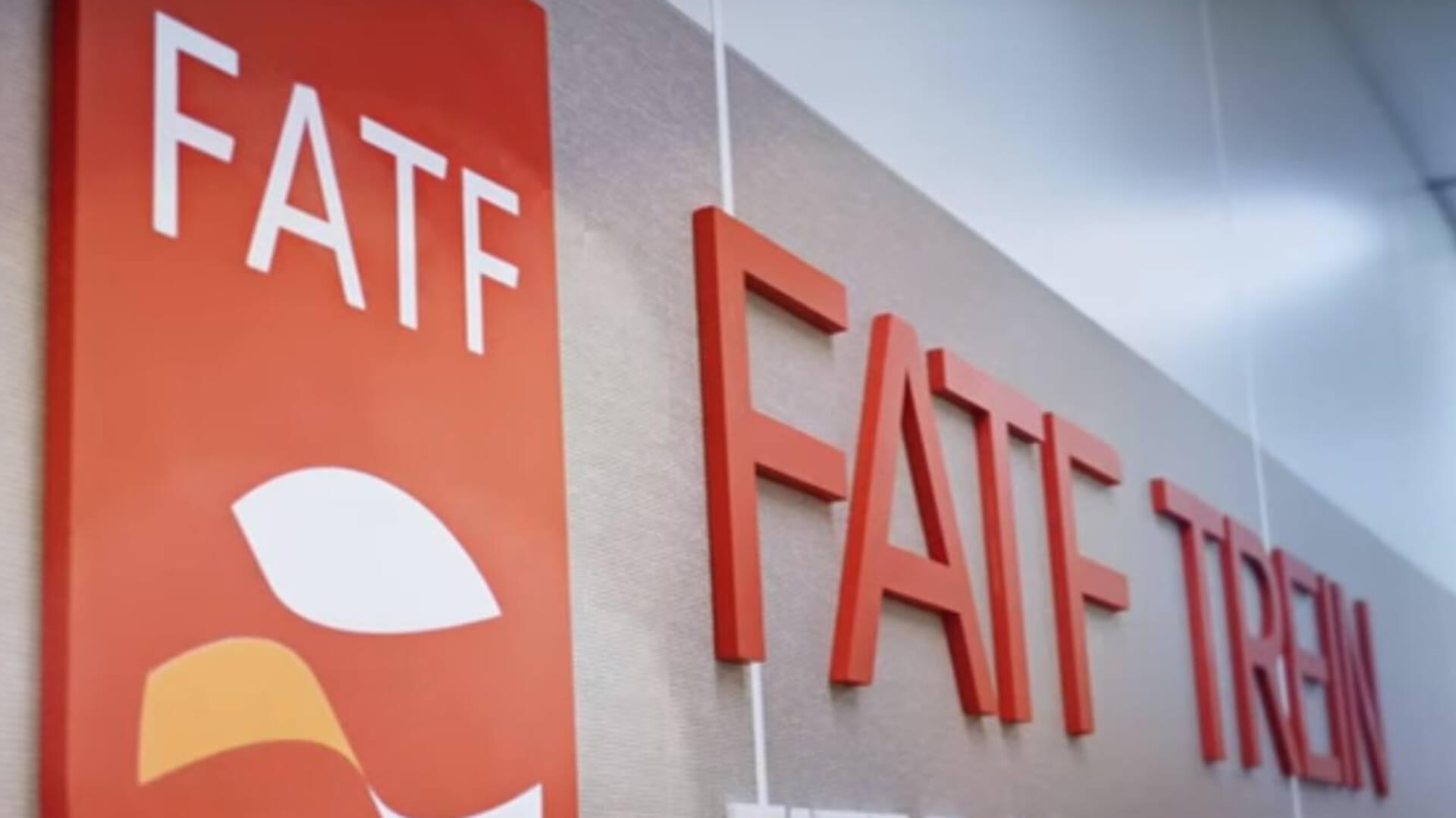The Financial Action Task Force (FATF) on Thursday concluded its second plenary meeting under the German presidency. The summit was the third one to be conducted in a virtual format due to the ongoing COVID-19 pandemic.
Over three days, delegates (representing the 205 members of the Global Network, as well as observer organisations like the International Monetary Fund (IMF), United Nations (UN), and the World Bank), finalised work on a number of important broad topics, including improving risk-based supervision to prevent money laundering and terrorist financing, and updating guidance to help nations and financial institutions better investigate and prosecute terrorist financing and illicit arms trafficking, assess and mitigate the risks of the financing of the proliferation of weapons of mass destruction (WMDs), and better understand ways to deal with virtual assets and virtual asset service providers under their anti-money laundering and counter-terrorist financing (AML/CFT) obligations.
With respect to clarifying and improving risk-based supervision, the FATF has approved new recommendations—due to be released in the first week of March—that, according to the United States (US) Treasury, include “communicating common expectations and identifying innovative practices to help improve the effectiveness of anti-money laundering/countering the financing of terrorism (AML/CFT) supervision.” The guidance also highlights common implementation challenges of risk-based supervision and provides examples of effective strategies to address the issue.
To improve the effectiveness of legal measures against terrorist financing, the FATF agreed on three non-public reports for operational use by member states. These include documents on best practices to investigate and prosecute terrorist financing. The text covers “detection, investigative strategies for common types of terrorist financing activity, proving intent and knowledge, and confiscation of assets as a tool to disrupt terrorist financing.” Additionally, the body is also issuing an internal ISIS/al-Qaeda financing update and a paper to help authorities trace financial flows between illegal arms traffickers and terrorists.
In terms of curbing financing efforts aimed to encourage the proliferation of WMDs, the body committed to releasing new guidance which would “clarify the implementation of the FATF requirements, including how to prepare a risk assessment in the context of proliferation financing, risk indicators for potential breach, non-implementation or evasion of proliferation financing sanctions obligations, and commensurate risk mitigation measures needed to address the identified risks, including for low-risk entities to avoid the unintended consequences of financial exclusion.” The FATF will release the guidance for public consultation in March before finalising and approving it in June 2021.
In addition to strategic initiatives, the delegates discussed the assessment of New Zealand’s measures to combat money laundering and terrorist financing. They also talked about the impact of COVID-19 on the assessments that remain to be completed in the current cycle and heard about the progress made by some jurisdictions (identified as presenting a risk to the financial system)—such as Albania, Botswana, Cambodia, Ghana, Mauritius, Myanmar, Nicaragua, Pakistan, Panama, Uganda, and Zimbabwe—in addressing “strategic deficiencies in their regimes to counter money laundering, terrorist financing, and proliferation financing.”
You can read the full ‘Outcomes FATF Plenary, 22, 24, and 25 February 2021’ report here.

